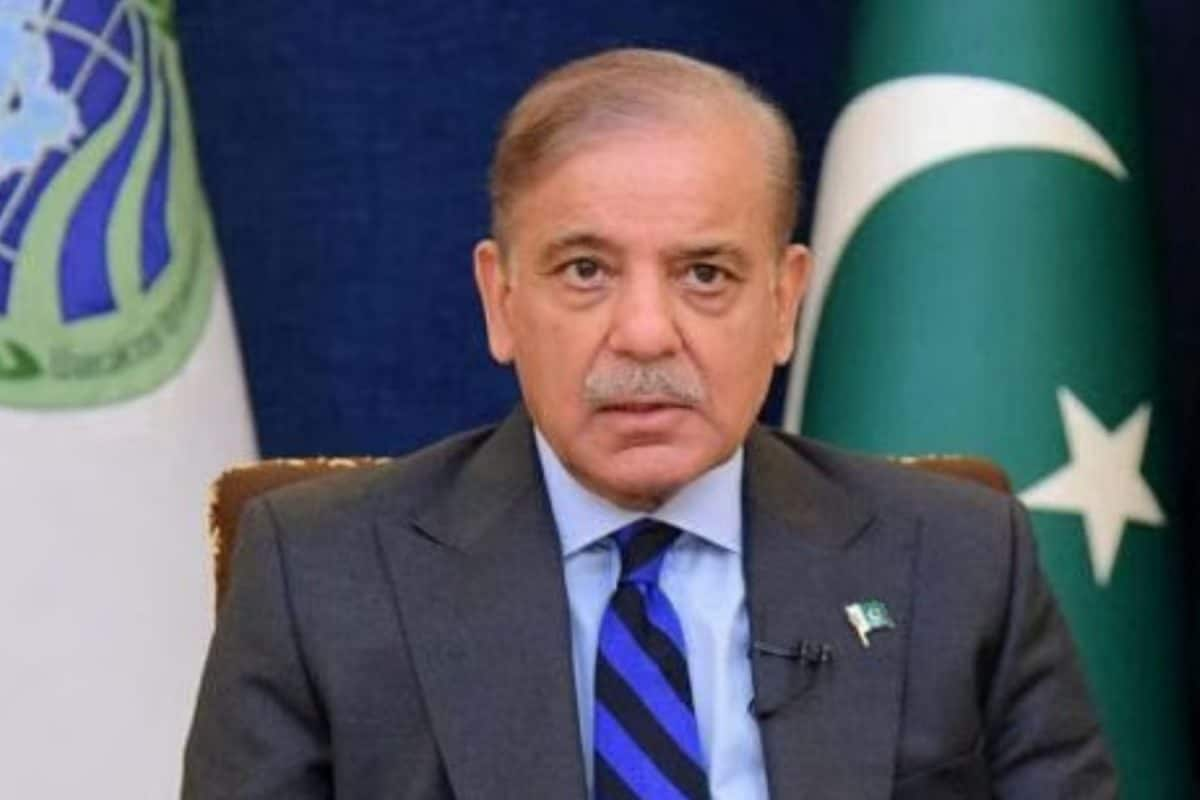

Pakistan has rejected India's claims regarding "Operation Sindoor," denouncing them as baseless and provocative. The rejection follows a debate in the Indian Lok Sabha on the operation. A spokesperson for Pakistan's Foreign Ministry condemned India for distorting facts, justifying aggression, and using the conflict for domestic political purposes.
According to the spokesperson, India's actions are a continuation of its tendency to fabricate allegations without credible evidence. Pakistan has strongly refuted the notion of "Operation Sindoor," which Indian leaders have portrayed as a military success targeting alleged terrorist infrastructure within Pakistan.
The spokesperson reminded the world that India's attack on Pakistan on the night of May 6-7, 2025, resulted in the deaths of innocent civilians, including men, women, and children. The spokesperson stated that India failed to achieve any of its strategic objectives. They added that Pakistan's counteraction in neutralizing Indian fighter jets and military targets remains an undisputed fact.
Pakistan has also criticized India's refusal to engage in a transparent, independent probe into the Pahalgam attack, despite an offer made by the Prime Minister of Pakistan to investigate the matter. Instead of accepting the offer for an impartial investigation, India chose to escalate tensions and act unilaterally. The spokesperson stated that "India acted as a judge, jury, and executioner at the same time".
The spokesperson dismissed India's claims about "Operation Mahadev" as a fabricated narrative. The statement by India's Home Minister was described as unreliable, raising serious doubts about its credibility. Pakistan has pointed out that the alleged perpetrators of the Pahalgam attack were reportedly killed just before the Lok Sabha debate began, questioning the timing and validity of the Indian version of events.
Pakistan has also strongly rejected India's continued insistence on establishing a "new normal" in bilateral relations. Pakistan reiterated its rejection of India's accusations regarding "nuclear blackmail," calling such claims misleading. The spokesperson stated that "India's narrative is a self-serving attempt to shift blame onto Pakistan and divert attention from its own escalatory actions". Pakistan affirmed that it uses its conventional capabilities to deter aggression, not to escalate conflict.
In addition to the military claims, Pakistan has registered its disapproval of India's unilateral actions concerning the Indus Waters Treaty. The spokesperson condemned India's decision to hold the treaty in abeyance, arguing that such a move shows a blatant disregard for international treaties and undermines regional cooperation. The spokesperson stated that "India must immediately fulfil its treaty obligations instead of celebrating illegal and unilateral actions".
The statement concluded by warning that India's reliance on disinformation and aggressive rhetoric risks destabilizing South Asia. Pakistan has urged the Modi government to acknowledge military losses and avoid misleading the public. The Foreign Office also slammed Indian narratives on nuclear blackmail and the Indus Waters Treaty and called for regional peace and dialogue. The spokesperson cautioned that India's reliance on disinformation, jingoism, and chest-thumping could destabilize the entire South Asian region and reiterated Pakistan's commitment to peace, regional stability, and a meaningful dialogue with India on all outstanding issues, including the Kashmir dispute.